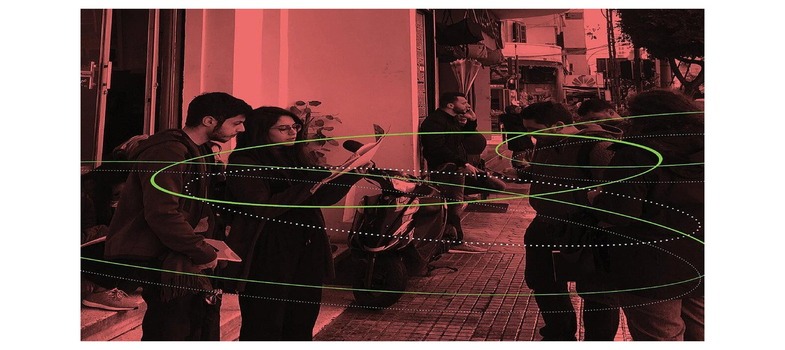1.1 Welcome to the course
The video introduces the idea of community-based research as research that is “by, with, and for a community”.
The video also gives us a chance to introduce ourselves: Professor Diana Laurillard and Dr Eileen Kennedy. We are both researchers with the RELIEF Centre and work on projects that aim to improve access to quality education through technology.
This course is about doing research to improve the wellbeing and prosperity of people in a community. We focus on inclusive prosperity, because global prosperity so often fails to be genuinely inclusive. Community based research is one way to tackle this problem: the goals are defined by the community, its methods involve the community, and the results benefit the community.
We used this approach to develop the course. We worked with local community leaders and staff of NGOs, who gave us examples of how they worked to bring different kinds of benefits to their communities. These are the stories the videos tell.
The stories come mainly from Lebanon, where one quarter of the population are refugees. It is one of the most challenging contexts for this kind of research. We use them to illustrate the general principles of community-based research. But then we come to you – wherever you are, and whatever context you are in – to ask how these principles could work for you.
One of the exciting things about being part of a MOOC like this is finding other people, all over the world, who have similar challenges to your own. Perhaps you will benefit from collaborating on possible solutions. They may work out differently in the different contexts we hear about, but we can still share and learn from the underlying issues and patterns.
If you already have a particular research issue in mind, we encourage you to develop that as you work through the course. If not, we offer two example research questions to work on:
- why do children stay away from school?
- what challenges do people experience as they travel during the day?
We return to these shared topics throughout the course as we discuss research methods and techniques.
The activities throughout the course will ask you to consider your own ideas and plans and, in the process of discussion, then redevelop them as your own thinking develops.
As for any research project, create your own ‘Research Notebook’, to record your thinking as you go, for later reference. This could be a Word document, or a paper notebook – whatever is best for you. Throughout the course we suggest when it will be useful to record something in your Research Notebook. You can download a Research Notebook Template from the downloads section below. If you have a Google account and would like to make a copy of the Research Notebook as a Google Doc, then click on this link to place a copy of the template in your Google Drive.
Over to you
In the forum, please use the comments to introduce yourself and your current community research context. For example, you may be working as a researcher for a NGO or for an academic institution, or be a teacher wishing to research your practice. Or you might not be connected to an organisation at the moment, but you might want to start to do community-based research. You might want to find out what your community needs to improve or create a service, a product or an environment. Reply to some of the comments made by others, and ‘Like’ those you particularly like.
